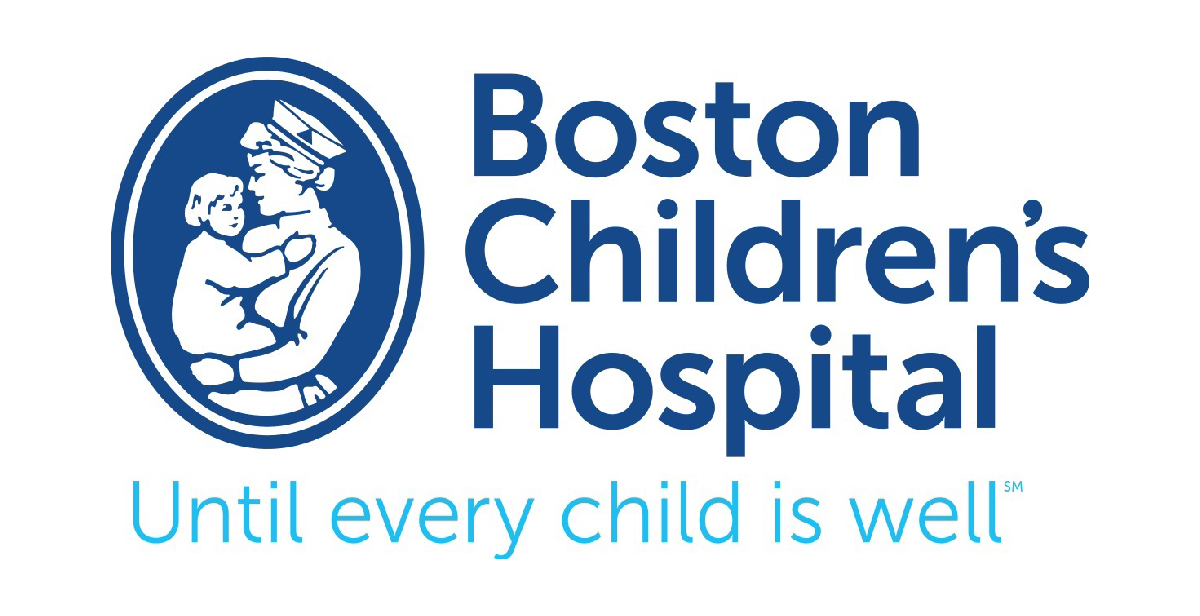The Issues
According to the WHO, at least 30 new diseases have emerged in the last 20 years and now together threaten the health of hundreds of millions of people. For many of these diseases, there is no treatment, cure or vaccine. “We are standing on the brink of a global crisis in infectious diseases. No country is safe from them. No country can any longer afford to ignore their threat,” the Director-General of WHO, Dr Hiroshi Nakajima, says in the report. Not only are new diseases emerging, the treatment for existing diseases has become less reliable:.Antibiotics and other life-saving drugs used against many diseases are rapidly losing their effectiveness as bacteria and other microbes develop resistance to them.
Tuberculosis has been named by WHO as one of 10 leading causes of death in the world and it is a disease that occurs in every part of the world. According to WHO latest report in 2019, an estimated 10 million people fell ill with tuberculosis worldwide in 2018. This included 5.7 million men, 3.2 million women and 1.1 million children. An estimated 1.5 million people died of the disease in 2018. There were cases in all countries and age groups. In 2018, the 30 high TB burden countries accounted for 87% of new TB cases. Eight countries account for two thirds of the total, with India leading the count, followed by, China, Indonesia, the Philippines, Pakistan, Nigeria, Bangladesh and South Africa.

Multidrug-resistant TB (MDR-TB) remains a public health crisis and a health security threat. WHO estimates that there were 484 000 new cases with resistance to Rifampicin. While the TB incidence is falling at about 2% per year globally, this rate needs to be accelerated to a 4–5% annual decline to reach health targets of the Sustainable Development Goals by 2030. (Source: WHO 2019 Global Tuberculosis Report) In an effort to support the fight against infectious diseases, The Mueller Health Foundation is committed to help foster and support innovative research that can lead to new treatment options, particularly for the treatment of tuberculosis. If you are interested in learning more about infectious diseases and tuberculosis, please visit our Resources section.
Our Approach
We at The Mueller Health Foundation are particularly interested in finding innovative solutions to infectious diseases that are difficult to treat, particularly due to the latent nature of the disease as well as due to drug resistance. Our strategy and approach is based on three strategic pillars that are needed to effectively fight infectious diseases:
Clinical Research
Providing grants to organizations focused on conducting translational basic and clinical research into novel treatment options, epidemiology, pathogenesis, transmission, diagnosis and management for drug resistant infectious diseases. This also includes fostering the creation of public -private partnerships and collaborations with those interested in supporting research on drug resistant infectious diseases.
Data Collection & Technology
Fostering the use of new technologies, such as Blockchain and Artificial Intelligence (AI), to: a) Enable better access, integrate and analyze globally available scientific/medical and public health information to identify faster and more efficiently informational solutions to the global health problem posed by drug resistant infections, and b) Make philanthropic giving more effective and transparent by reducing validation costs of grant funding transactions through Smart Contracts and improving monitoring and evaluation efforts by better tracking outcomes and impacts through blockchain networks open to grantees and beneficiaries.
Education and Public Health
Drug resistant infectious diseases are an important concern for humanity! We support the creation of increased public awareness for drug resistant infectious diseases as a critical role of personal, political, and social responsibility. In addition, we are providing support and education to patients and family members of those contracted by drug resistant infectious diseases.
Tuberculosis Initiative
Since inception of The Mueller Health Foundation, our main focus has been primarily on the management of multidrug resistance (MDR), extensively drug resistant (XDR) and pro-grammatically incurable forms of tuberculosis (totally drug resistant tuberculosis), which pose enormous challenges similar to those in the “pre-Antibiotics” era. Through our initiatives we hope to tackle these challenges by:
- Finding new cures,
- Improving and expediting limited and often toxic treatment options that can last up to 2 years,
- Making treatment options affordable,
- Decreasing high morbidity and mortality rates;
- Supporting alternative methods to prevent disease transmission as well as palliative and patient-orientated care aspects, and Addressing medicolegal and ethical issues.
The Mueller Health Foundation focuses on four core function to address TB that span across the three strategic pillars:
- Funding bold and innovative research to find new treatment solutions for TB in its latent state as well as for multi-drug resistant strains of TB (MDR-TB).
- Developing new strategies and educational programs geared toward TB prevention, care and control.
- Fostering the collection and access to valuable TB data and knowledge by using state of the art technologies such as Blockchain and AI.
- Supporting and engaging in cross-sectoral partnerships to fight against TB.
Impact

As we continue to build out our programs and collaborate with our grantees and partners, we will continue to update this section.
Please come back soon to check for exciting updates on how our projects and programs are changing the world!






